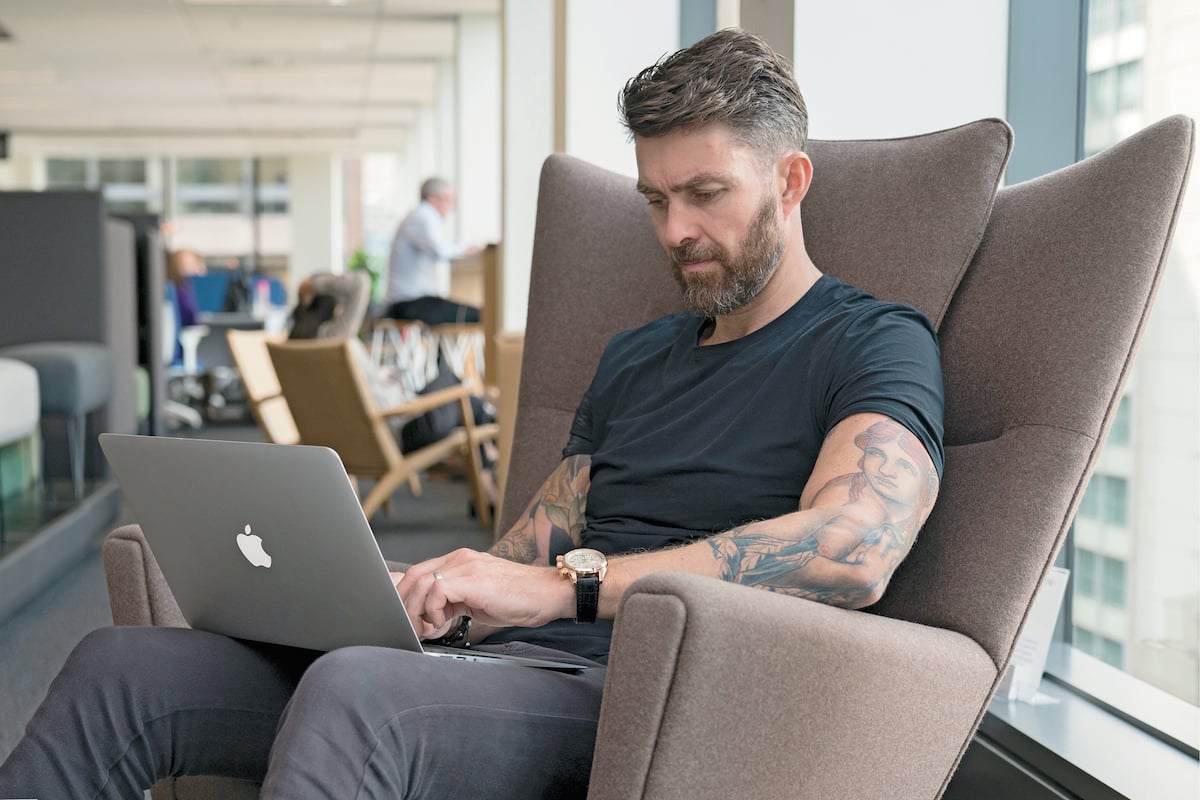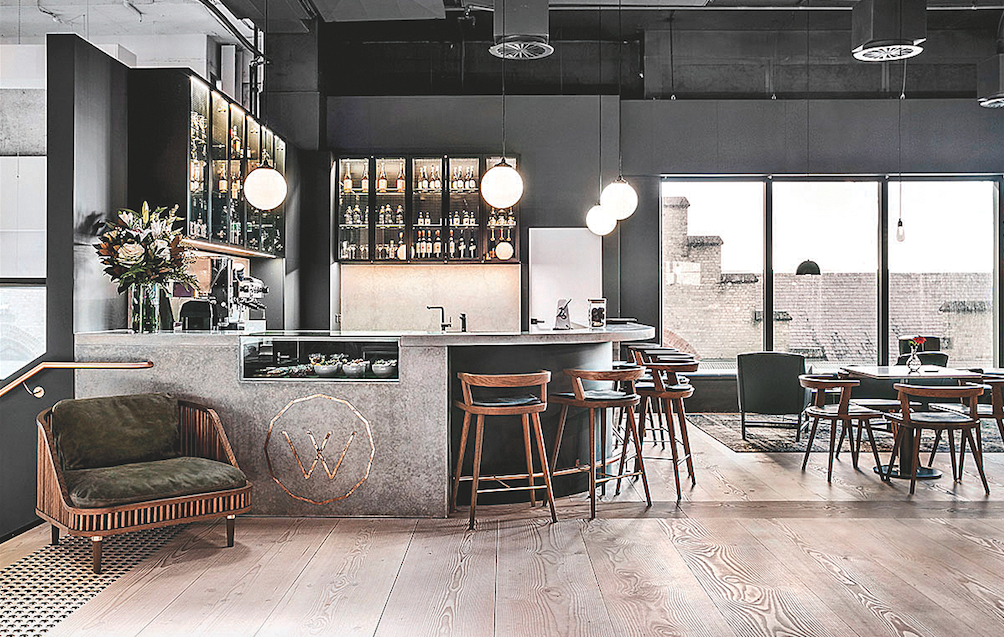COVID-19 is wreaking havoc on lives, livelihoods and businesses around the globe. It’s forced the world out of its collective comfort zone and into the unknown. In this uncertain time, fear is rampant. But so is faith. And Founder and Chair of Work Club Global Soren Trampedach chooses to see the silver lining. For him, it’s all about perspective.

“It’s challenging but, in some ways, I enjoy this period of change,” he admits. “We’ve had it tough like everybody else. But I think what this pandemic is going to do is just accelerate change that is inevitable anyway. It’s just skipping a few years, which to me is exciting. COVID-19 is going to bring lots of opportunity.”
He likens the change to a white sheet of paper. On that white sheet of paper are a few black dots. The black dots represent current industries. And the white space represents all of the industries and businesses we don’t know of today.
That’s where the opportunity lies. “A lot of people say we will lose 40% of our jobs, or black dots, in the coming years to AI and authorisation, and that’s true,” Soren shares.
“But we are also going to be creating new jobs and a lot more new black dots. This disruption will only accelerate that process.” So where does Work Club Global fit into this black-dot scheme? Well, it’s easy.
This boutique co-working space brings together all of the black dots while encouraging the formation of new black dots. Soren created Work Club Global as a place where individuals and businesses could come together from all different industries, ranging from conservative to creative.
His clever workspaces feature a carefully orchestrated member base made up of authors, lawyers, social media experts, sport legends, musicians and more.
Bringing together a diverse group of thought leaders like this sparks innovation and encourages new ideas to emerge that arguably wouldn’t have otherwise been possible in a traditional work setting. And, in the case of COVID-19, a lot of people and businesses need this unconventional setting as they scramble for new ideas to stay afloat.
“This disruption will have those in different disciplines coming together to create new black dots,” Soren explains.
“You want to surround yourself with as many black dots as possible because that’s access to knowledge, and that is power. If you have access to different kinds of black dots in your network, then you’re more likely to be part of creating new black dots. For businesses or a small individual operator, it’s risk management. It gives you a better chance at participating in the future.”

Not only is the pandemic encouraging the creation of new industries and businesses, it’s also pushing existing businesses to rethink traditional work practices. Do they really need to rent so much space to operate?
Does it make sense to have all that space sit empty from 5pm to 9am? Is there a better, more efficient way to conduct business? According to Soren, the answer to that question is a resounding yes.
Since he was young, he would look at buildings and wonder why they were so inefficient. “Normal office buildings are utilised at most about 40%,” he says. “It’s an enormous waste. From a sustainability perspective, office buildings have one of the biggest global footprints.”
“But the goal isn’t to simply put more people into less space,” he continues. “It’s about being smarter and creating a space that can be utilised in many different ways across almost 24 hours – not just eight or 10.”
Businesses like Facebook, Deloitte and Google have already worked with Soren to create smarter workspaces that foster meaningful encounters between people. It’s a trend that’s catching steam, but thanks to COVID-19, it’s now full speed ahead.
And it’s headed straight towards flexibility. “With people working from home, companies are seeing that working remotely can work. There will likely be an increased number of people working from home after this. But working from home all the time isn’t the solution either because there’s loneliness, anxiety and other issues with health and safety,” he explains.
What’s the best scenario then? According to Soren, it’s working closer to home more often with periodic trips into the main office. “The move towards working close to home will just accelerate,” he projects.
“Big corporations will have less, but more flexible, space in the city. And, there will also be hubs in fringe locations close to the city where employees can go to work and socialise. Coming out on the other side of this, I think businesses will be more focused on the human aspect.”


